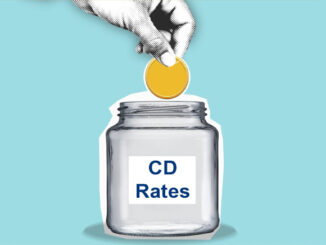Some important questions about Certificates of Deposit

1. What is a Certificate of Deposit (CD)?
A CD is a type of time deposit offered by banks, credit unions, and other financial institutions. It provides a fixed interest rate for a specified term and requires you to leave your money untouched until maturity.
2. How does a CD work?
When you open a CD, you commit a certain amount of money for a specific period (the term). In exchange, the institution pays interest at regular intervals. At the end of the term, you receive your original deposit plus the accumulated interest.
3. What are the terms for CDs?
CD terms can range from as short as one month to as long as five years or more. Generally, the longer the term, the higher the interest rate you'll earn.
4. What happens if I withdraw my money early?
Early withdrawal usually incurs a penalty, which could be a certain number of months' interest or a percentage of the amount withdrawn. Some institutions offer no-penalty CDs that allow early withdrawal without any cost.
5. How is the interest calculated on a CD?
Interest on a CD is typically calculated daily or monthly and added to the balance of the CD. Some CDs compound interest more frequently, which could lead to higher returns.
6. Are CDs insured?
Yes, CDs are insured by the Federal Deposit Insurance Corporation (FDIC) at banks and by the National Credit Union Administration (NCUA) at credit unions up to the maximum allowed by law.
7. What happens when a CD matures?
At maturity, you can withdraw your money, including the interest earned, without penalty. If you don't withdraw the money, the CD may automatically renew at the current interest rate for another term.
8. Can I add more money to a CD?
Generally, you can't add more money to a CD once it's opened. However, some institutions offer "add-on" CDs that allow additional deposits during the term.
9. How are CDs taxed?
The interest earned on CDs is usually subject to federal, state, and local income tax. However, you will only owe taxes on the interest once it's paid, typically at the end of the term.
10. Are CDs a good investment?
CDs can be a safe investment for those looking to preserve capital and earn a modest, guaranteed return. However, they may not be suitable for those seeking high returns or needing regular access to their funds.




